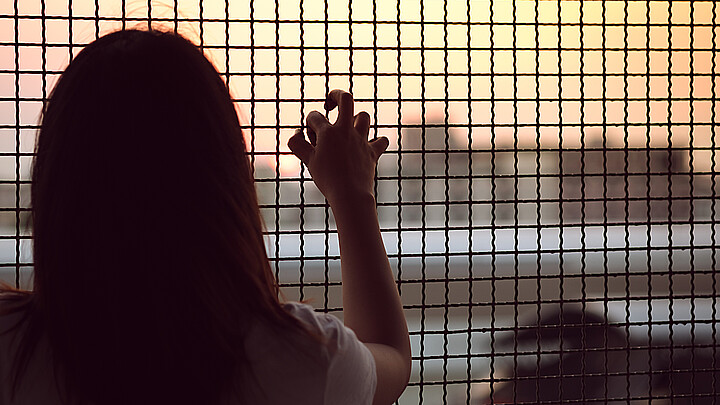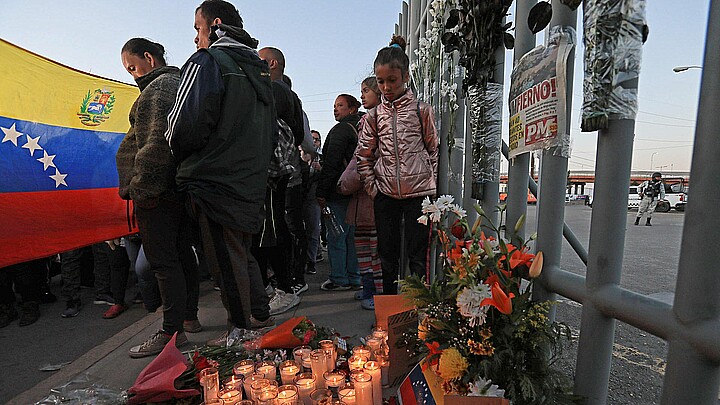Human Rights
Qatari judge ends proceedings against Mexican woman who faced 100 lashes after reporting rape
Because her aggressor claimed that Schietekat was his partner, Qatari authorities charged the Mexican national with committing the crime of “cohabitation outside marriage.”
April 4, 2022 12:31pm
Updated: April 5, 2022 8:41am
Mexico's Ministry of Foreign Affairs (SRE) reported on Sunday that a judge in Qatar ended all criminal proceedings against Paola Schietekat, a Mexican woman who reported a rape and was subsequently charged with "cohabitation outside marriage,” a “crime” for which she faced seven years in prison and 100 lashes.
Schietekat was the victim of an alleged rape in July 2021 when she was working as a behavioral economist at the Supreme Committee for Delivery and Legacy for the World Cup in Doha, Qatar. After reporting the alleged crime, a series of complications occurred and she became the defendant in her case.
A new report from Infobae shows that because her aggressor claimed that Schietekat was his partner, Qatari authorities charged the Mexican national with committing the crime of “cohabitation outside marriage.” According to Qatari officials, that specific charge is punishable with 100 lashes and up to 10 years in prison under Sharia law.
With the help of Human Rights Watch and the Olympic Committee, Schietekat was able to flee Qatar and returned to Mexico on June 26, 2021, where she continued trial proceedings in freedom. At an April 3 hearing, however, the woman’s lawyer submitted new arguments to the judge and the public prosecutor, after which the court concluded that the proceedings should end.
Gracias @m_ebrard @marthadelgado @acelorioa @SRE_mx
— Paola Schietekat 💜💚💗🇵🇸 (@paola7kat) April 3, 2022
Schietekat, for her part, accused the Mexican government of “doing nothing to help her.”
"The other mistake is more delicate, and has to do with the lack of a protection protocol for victims of violence with a gender perspective in the Mexican Foreign Service. During my trial, I observed the little, or rather, no preparation of the Embassy to act in my defense," she lamented in a letter published by journalist Julio Astillero.
In view of this, the Mexican Embassy in Qatar indicated that it will offer consular assistance and guidance as required by Mexican citizens in that country. Likewise, in view of the cultural and legal differences, it emphasized that it is working on a preventive protection strategy for the World Cup to be played between November and December 2022.










